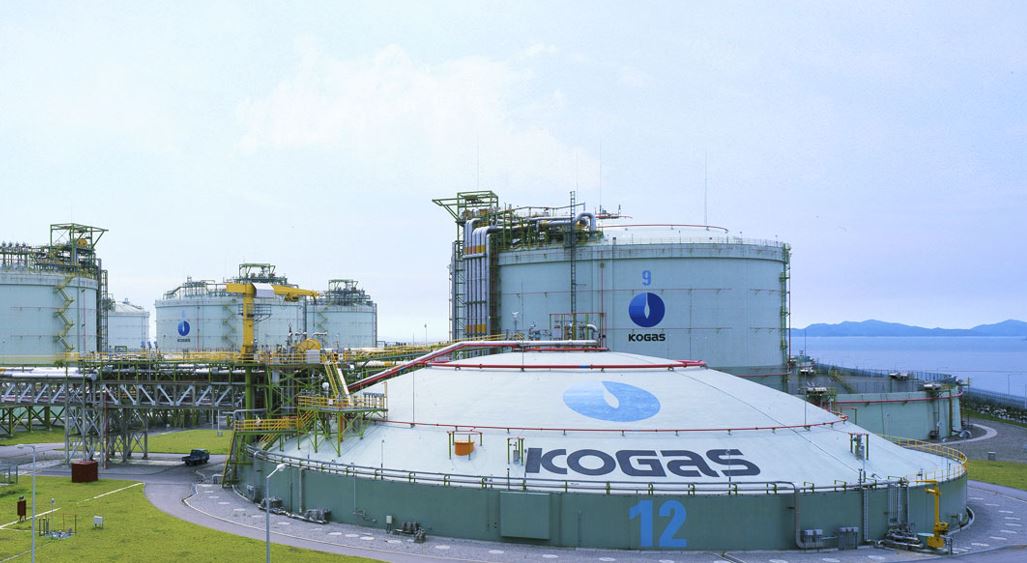South Korean LNG importing giant Kogas reported lower gas sales in April when compared to the same month last year.
Kogas sold 2.49 million mt last month, a drop of 8.2 percent when compared to 2.71 million mt in April last year, according to a stock exchange filing.
April sales dropped by 20.8 percent when compared to the previous month’s 3.14 million mt.
Purchases by power firms decreased by 6.3 percent year-on-year to 1.22 million mt in April. These purchases were down by 15.1 percent when compared to the previous month.
Moreover, Kogas said its city gas sales decreased by 10 percent year-on-year to 1.27 million mt, while they dropped by 25.5 percent when compared to the month before.
During January-April this year, South Korean LNG imports rose to 17.06 million mt from 16.86 million mt last year, the customs data shows. The costs of these imports rose 10.4 percent when compared to the year before.
Australia was the biggest supplier to South Korea during the period under review with 3.84 million mt, followed by Qatar with 3.19 million mt, Malaysia with 2.25 million mt, and Oman with 2.14 million mt, the data shows.
Kogas says Q1 operating profit down, revenue up
Kogas operates 77 LNG storage tanks at five LNG import terminals in South Korea.
The large terminals include Incheon, Pyeongtaek, Tongyeong, and Samcheok, while the firm has a small-scale regasification terminal at the Aewol port on Jeju island as well.
Also, the firm is building a large terminal in Dangjin.
The company reported a 35.5 percent decline in its operating profit for the first quarter of this year to 588.4 billion won ($440.2 million) and a drop in net income of 81.1 percent to 139.4 billion won.
However, the company’s revenue rose 28.3 percent to 17.92 trillion won due to increase in sales price even though sales volume decreased, it said.
Kogas reported a decline of 7.8 percent in its sales during January-March to 11.71 million mt.
The firm said city gas sales decreased by 11.8 percent during the period due to a lower average temperature and decreased industrial demand due to the decline in price competitiveness compared to LPG.
Also, sales to power firms decreased by 2 percent. Kogas said total power generation decreased due to the economic recession.

